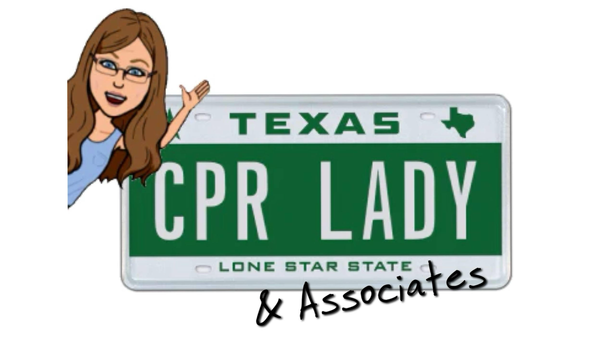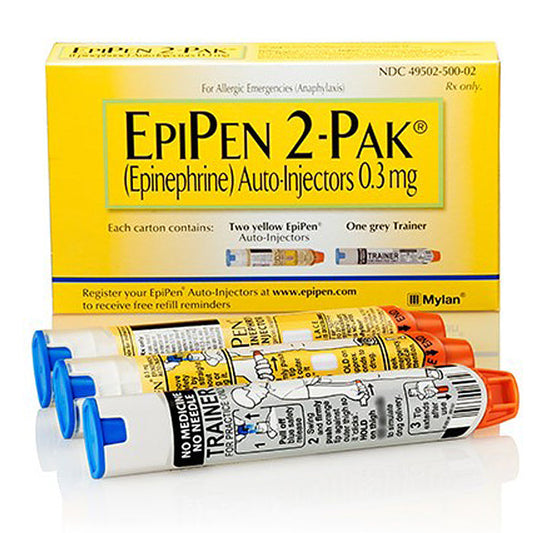
First Aid for Dislocations
William BeauregardShare
Dislocations occur when two bones that are normally connected at a joint are separated from each other. This can be a painful and potentially serious injury, and it's important to know how to provide first aid for dislocations until medical help can be obtained.
Here are some steps to follow in the event of a dislocation:
-
Call for medical help: If someone has dislocated a joint, it's important to call for medical help right away. Dislocations can cause damage to the surrounding tissues and nerves, and medical professionals will be able to assess the extent of the injury and provide appropriate treatment.
-
Immobilize the joint: The affected joint should be immobilized to prevent further injury. You can use a sling, splint or any other sturdy material that is readily available to keep the joint in place. Make sure the immobilization is not too tight, as this can restrict blood flow.
-
Apply ice: Applying ice to the dislocated joint can help reduce swelling and pain. Wrap a cold pack or ice cubes in a cloth and apply it to the affected area for 20 minutes at a time, several times a day.
-
Elevate the joint: Keeping the dislocated joint elevated above the level of the heart can also help reduce swelling. Prop the injured area on a pillow or cushion to keep it elevated.
-
Provide pain relief: Over-the-counter pain medication such as ibuprofen or acetaminophen can help relieve pain and discomfort.
-
Avoid movement: Do not try to move the dislocated joint back into place as this can cause further damage. Leave this to the medical professionals.
-
Monitor for complications: Keep an eye out for any signs of complications such as numbness, tingling or loss of sensation. Seek immediate medical attention if these occur.
In summary, dislocations are a painful and potentially serious injury that require prompt medical attention. By providing first aid and following these steps, you can help reduce pain and discomfort until medical help arrives. Remember to always seek professional medical help as soon as possible.



